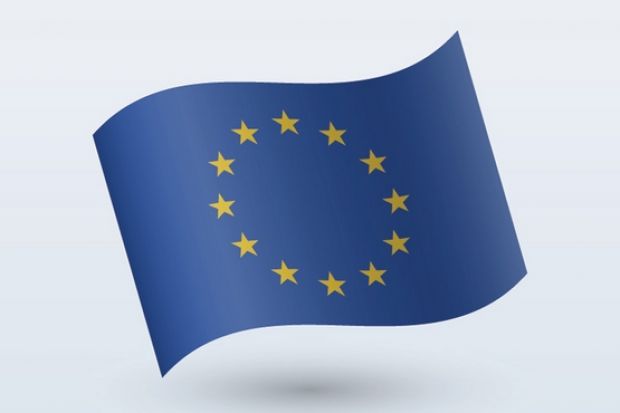At a meeting in Brussels, European heads of state agreed to limit spending on the EU budget for 2014 to 2020 to €908 billion.
EU sources suggest that Horizon 2020, which comes under the “Competitiveness for Growth and Jobs” line of the overall budget, will receive €70.9 billion of this.
This is an increase on the previous seven-year funding programme, Framework Programme 7, which totalled €55 billion.
Funding for FP7 was, however, back-loaded, reaching a high of €10.8 billion in 2013. This meant that a budget of €74 billion was thought necessary to maintain spending at current levels.
Although shy of this figure, last week’s agreement would nonetheless still be sufficient to maintain spending at the same level as, unlike previously, from 2014 some €2.7 billion in funding for the international fusion project ITER will come from outside the research budget.
The European Commission had called for an €80 billion budget for Horizon 2020, while the European Parliament had asked for €100 billion. The proposed budget will now be put to the European Parliament.
Máire Geoghegan-Quinn, the European commissioner for research, innovation and science, said that through the agreement EU leaders had given a “vote of confidence in support of the research, innovation and science sectors”.
“And this is at a time when the most difficult budgetary talks have taken place at an EU level in the 56 years of the existence of the European Union.
“That said, the proposal of the member state governments of the EU now moves to the European Parliament for its consideration,” she said.
Ms Geoghegan-Quinn said she would continue to fight for increased funding for research within the context of the discussions that will now be held by the European Parliament.
Commenting on the outcome of negotiations, Eric Thomas, president of Universities UK, said it was “encouraging” that research funding had been recognised “as core to the future prosperity of Europe”.
“However, while the top level budget lines have been agreed, the real negotiations start now. Negotiations over the coming weeks will finalise individual programme budgets, including Horizon 2020 and Erasmus for All,” he said.
“It is the outcome of these negotiations which will impact on the level of funding available for UK universities and students to access through the next EU budget period 2014-2020.”
Under the 2014-2020 budget, other programmes within the same “competitiveness” area faced cuts, with funding for the Connecting European Facility – which targets digital infrastructure projects - falling from €41.2 billion to €29.3 billion.
Meanwhile the global satellite navigation system Galileo was allocated €6.3 billion and funding for the Earth observation programme GMES was set at €3.8 billion.




